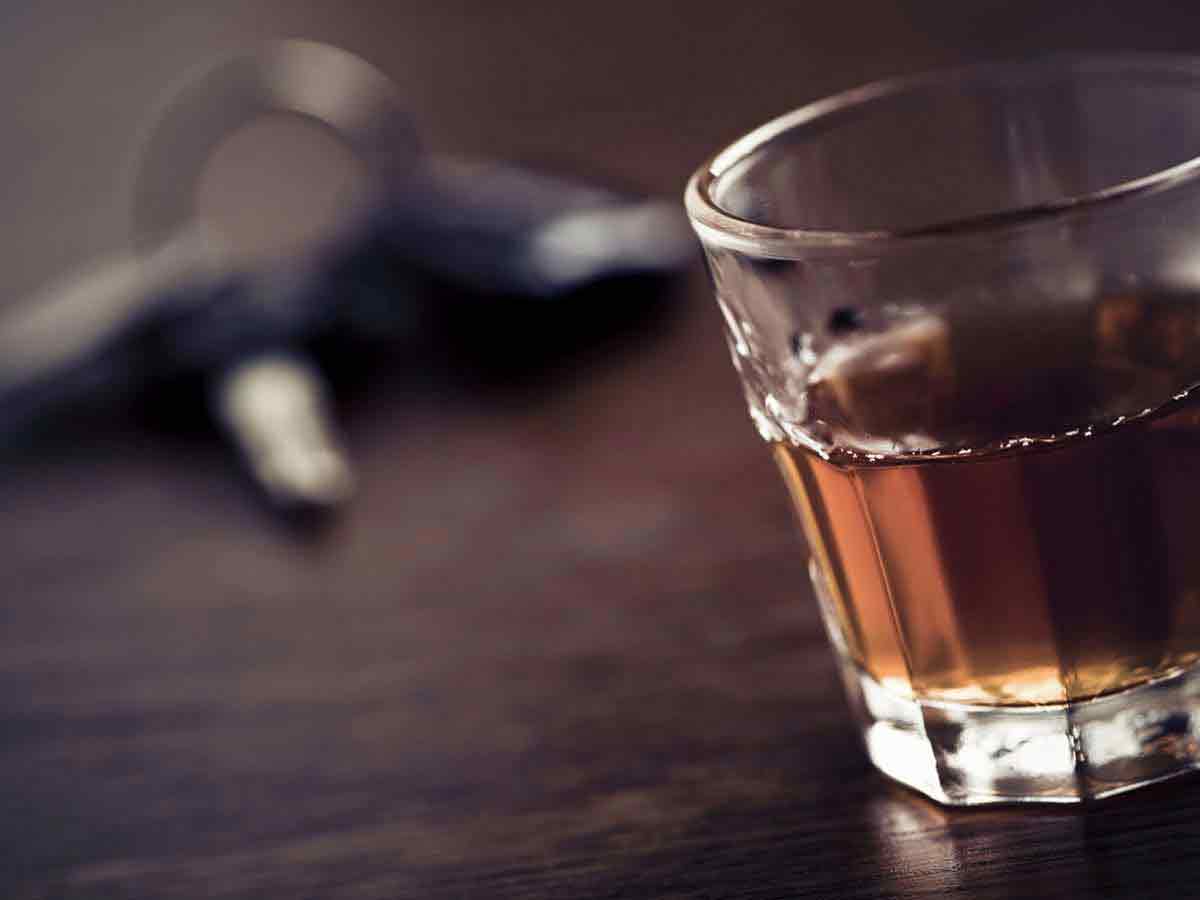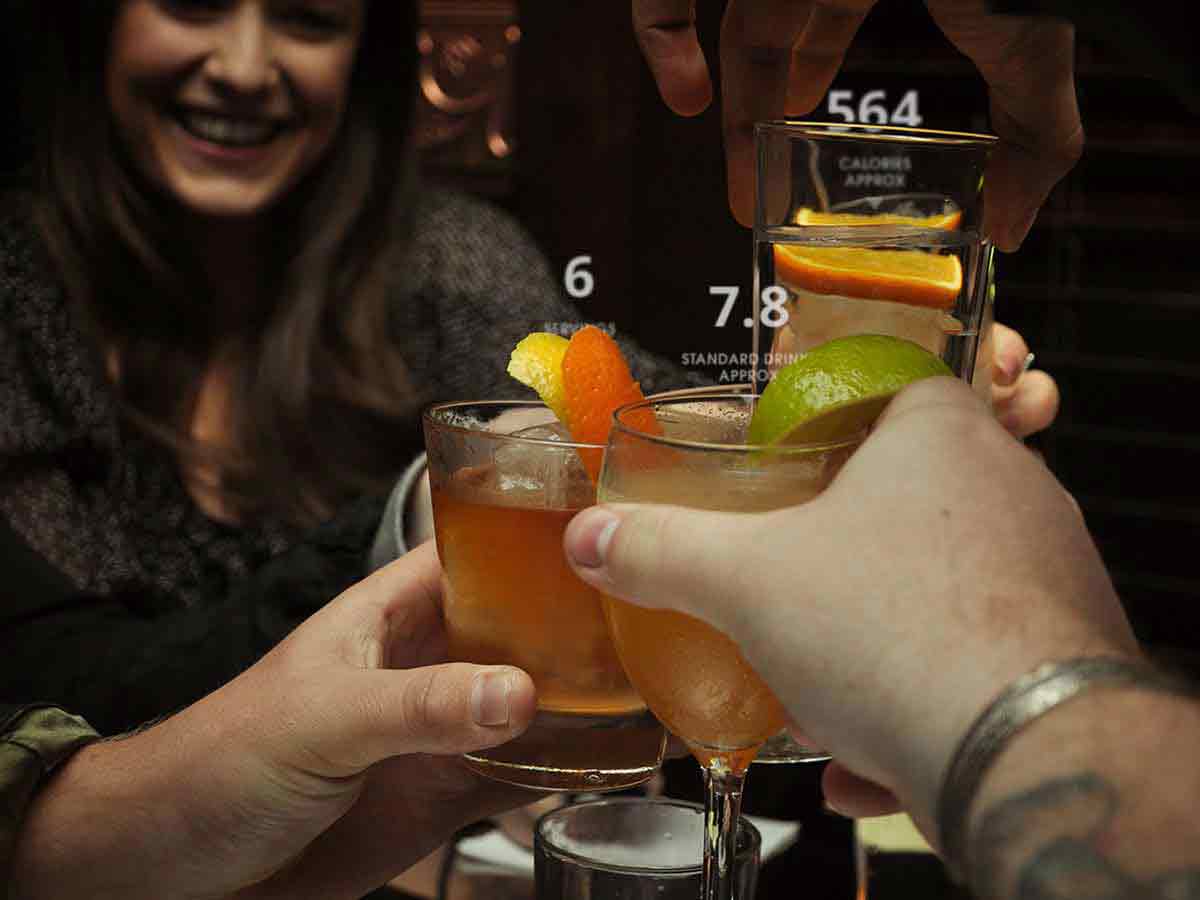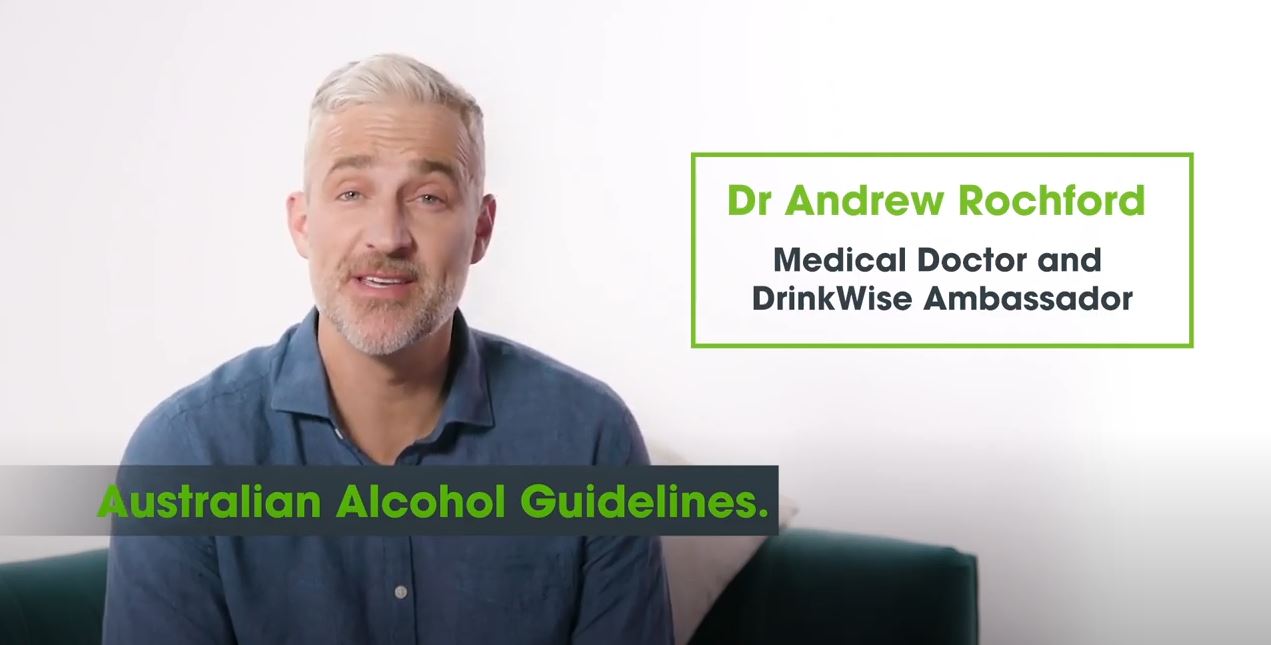Binge drinking is more common, and more dangerous, than you may think.
According to Australian medical experts, binge drinking is consuming too much alcohol on a single occasion.
Drinking continuously for a number of days or weeks, occasional or irregular bouts of heavy drinking or drinking deliberately to get drunk can all be considered binge drinking.
There are many risks associated with binge drinking including memory loss, injury to yourself or others, dizziness, loss of coordination, diarrhea, vomiting, lack of judgment and even alcohol poisoning – which can be fatal.
Through the evidence-based Australian guidelines to reduce health risks from drinking alcohol, the National Health and Medical Research Council (NHMRC) provide Australians with evidence-based advice on the health effects of drinking alcohol, helping people to make informed decisions about how much alcohol they drink, if they choose to drink.
Guideline 1: Reducing the risk of alcohol-related harm for adults
To reduce the risk of harm from alcohol-related disease or injury, healthy men and women should drink no more than 10 standard drinks a week and no more than 4 standard drinks on any one day.
The less you drink, the lower your risk of harm from alcohol.
Guideline 2: Children and people under 18 years of age
To reduce the risk of injury and other harms to health, children and people under 18 years of age should not drink alcohol.
Guideline 3: Women who are pregnant or breastfeeding
A. To prevent harm from alcohol to their unborn child, women who are pregnant or planning a pregnancy should not drink alcohol.
B. For women who are breastfeeding, not drinking alcohol is safest for their baby.
To learn more about the effects of alcohol, check out our interactive alcohol & your health tool.















